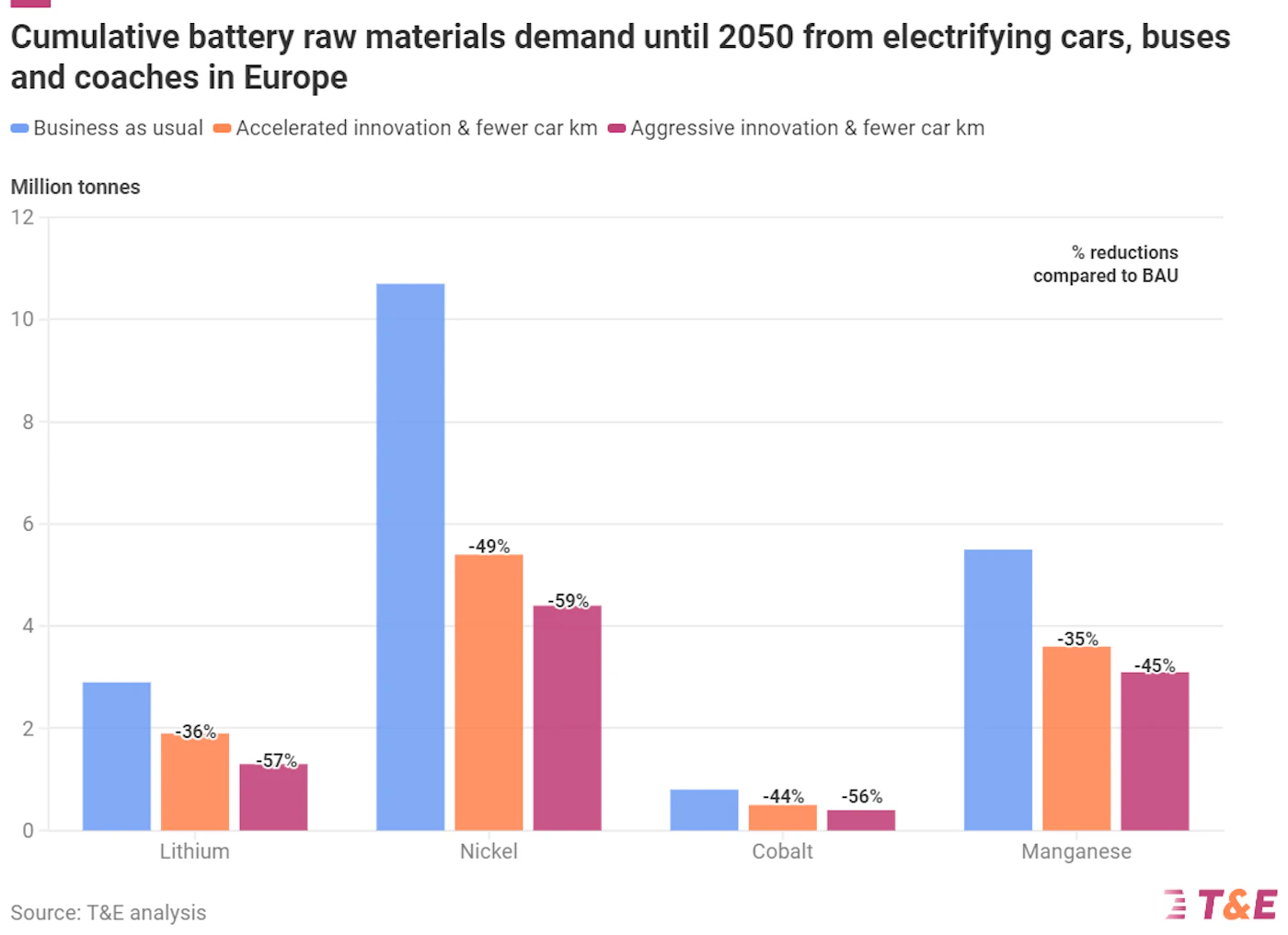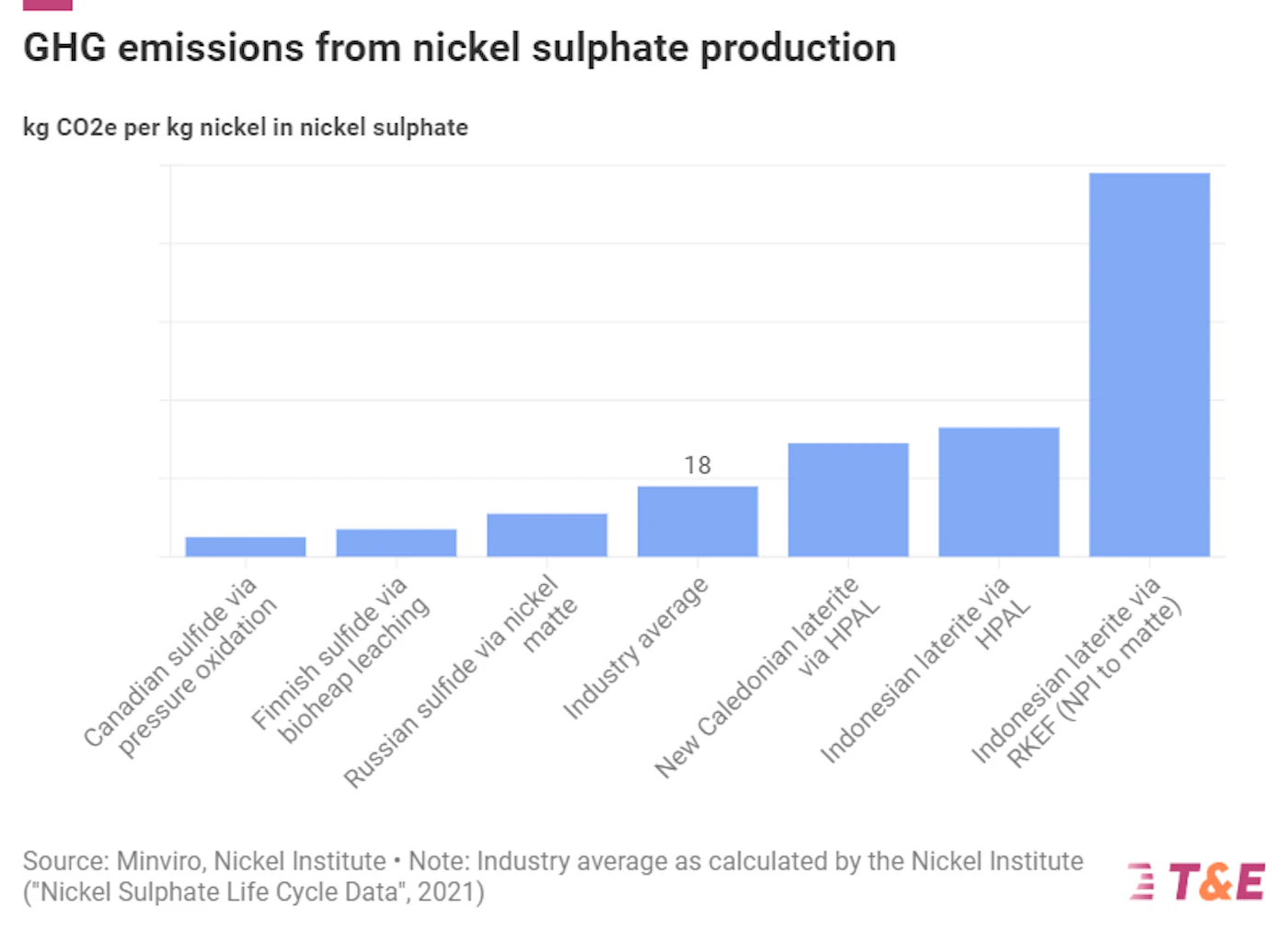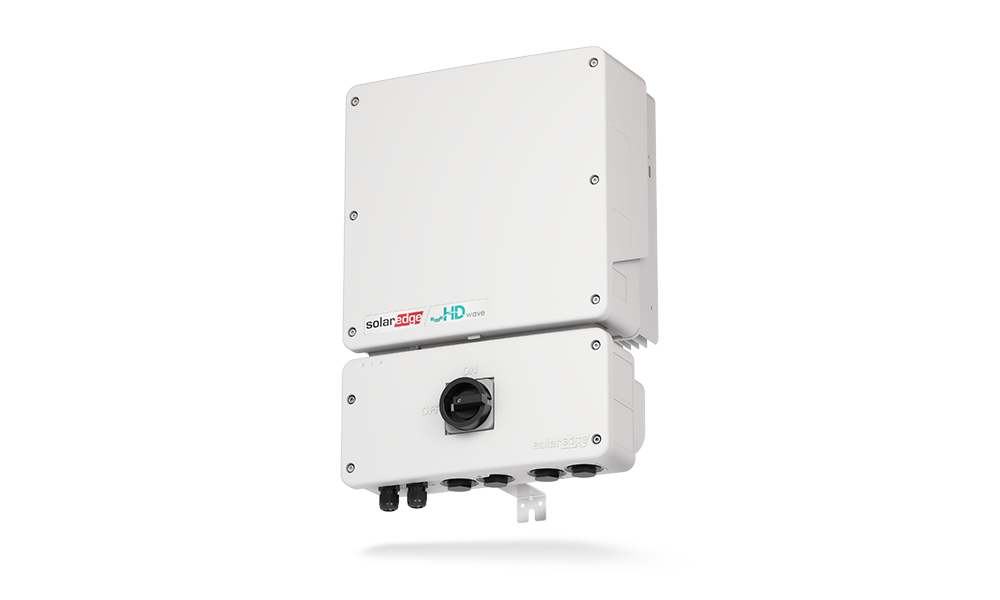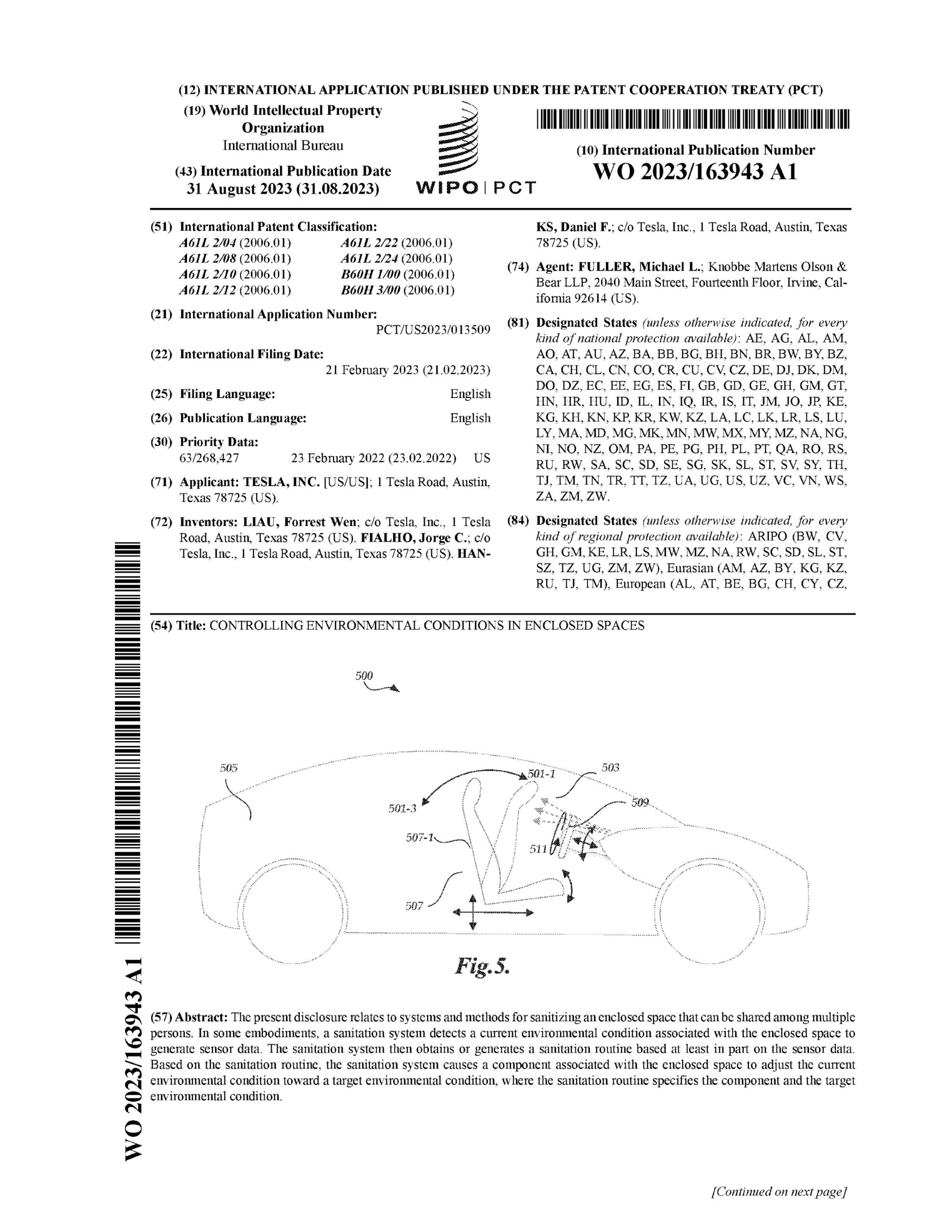Sign up for daily news updates from CleanTechnica on email. Or follow us on Google News!
Five recommendations for trade policy-makers.
To secure the demand for battery minerals, the EU needs to set the right trade framework to boost resilience, sustainability and mutual benefit. A new report and briefing explore how Free Trade Agreements can be one way to strike this balance.
As Europe races to secure the critical mineral needs for clean energy technologies, such as electric vehicles (EVs), agreeing trade partnerships will be critical as annual battery metal volumes in 2050 are estimated to be 4 to 10 times higher than today. Even in the scenario of accelerated innovation and smaller batteries, the electrification of EU passenger transport will still require around 5.4 Mt of nickel and 1.9 Mt of lithium.
While the long-term vision is circularity, Europe will be dependent on imports for decades to come. By 2030, the EU will rely on foreign imports of battery metals in the order of 30% to 65%, depending on the metal.
The need for more critical minerals requires a strategic reassessment of the EU’s global approach to producer countries in order to secure required materials, scale sustainable and responsible sourcing and processing practices, and avoid over-concentration. Free trade agreements (FTAs) are a crucial piece in the larger puzzle of building diversified supply chains, alongside Strategic Partnerships or the recently adopted EU Corporate Sustainability Due Diligence Directive (CSDDD).
By providing a structured framework, FTAs can help the EU to act as a reliable and cooperative partner and provide a legally binding framework with clear obligations on both sides. Well-designed FTAs can secure unrestricted trade flows, encourage EU companies to invest in local processing facilities, help producing-countries to scale their green industrialisation and increase sustainability through consistently applying Environmental Impact Assessment and supply chain due diligence.
T&E has commissioned Tulip Consulting to conduct a legal study to explore how FTAs can promote mutually beneficial trade in critical raw materials for all parties involved. This means securing the minerals the EU needs for the energy transition while promoting responsible practices and adding value in resource-rich countries. This briefing summarises how this can be done, serving as a memo for trade policy-makers.
To make FTAs work for both parties, T&E suggests that policy-makers should:
1. Allow favourable raw material prices for producer countries’ own green goals
Allowing resource-rich countries to tender their raw materials cheaper locally, as is done in Chile, can make value addition more attractive. To this end, FTAs should include specific carve-outs in dual pricing provisions to allow producing countries to sell raw materials more cheaply to local downstream sectors. The EU should ensure that appropriate conditions are attached to these carve-outs, such as implementing a workable or eliminating a price floor, to reduce overly stringent requirements to trigger these carve-outs. At the same time, export restrictions should be prohibited, including to other parties apart from the EU.
2. Enhance best practices in the extractive sector
While extractive operations can damage the environment and local communities, best practices to reduce impact exist and should be consistently implemented. FTAs should incorporate due diligence requirements specific to mining activities, including management plans for water, waste, biodiversity and mine decommissioning.
In addition, FTAs should require mandatory compliance with international due diligence standards, i.e. those set by the OECD on human rights and environment.
3. Strengthen Environmental Impact Assessments
Environmental Impact Assessments (EIAs) are vital for identifying project flaws, improving future activities and enhancing responsible supply chains by gathering key data for mitigation and improvement. While many FTAs already refer to EIAs, the use and extent of those assessments varies from agreement to agreement.
Trade policy-makers should make EIAs mandatory for all relevant activities with a significant impact on the environment, without jeopardising national permitting deadlines or faster processes for strategic projects. The scope of EIAs should be expanded to include impact on public health, biodiversity, land, soil water, air, climate and cultural heritage and acting upon EIA findings made mandatory.
4. Beef up technical and financial assistance
Many of the requirements to strengthen sustainability will fall on resource-rich countries, who often lack the financial and technical resources to address these effectively. While binding technical and financial assistance provisions have been uncommon in FTAs to date, the new EFTA-India FTA does set binding investment targets for the EFTA bloc and can serve as a blueprint.
FTAs should include financial support and technical assistance as a standard, including dedicated financial support for sustainability initiatives in resource-rich countries. Implementation and monitoring of these commitments should be incorporated into the review progress.
5. Green premium for sustainable raw materials
Sustainably and responsibly sourced critical minerals often require higher initial investment into best available technology, such as fossil free processing technologies, clean water and safe waste disposal. The problem is that this is currently not rewarded on commodity markets and cleaner projects struggle to compete with cheaper, high-emitting supply as currently seen with nickel from Indonesia.
Rewarding cleaner supply on western markets through joint efforts can create the necessary investment incentives. Initiatives such as the currently negotiated EU-US Critical Minerals Agreement or the Minerals Security Partnership could facilitate the uptake of responsibly sourced, low-carbon minerals.
In the short term, T&E recommends like-minded governments to agree on a clear CO2 threshold as an access condition to the markers of — e.g. — the EU, the US, Japan, South Korea and others. Supply coming from sources that do not meet the criteria should pay a penalty or not be admitted. In addition, purchasers of those materials should be required to implement the OECD human rights and environmental due diligence and require the suppliers to undergo at least one self-assessment under the Initiative of Responsible Mining Assurance (IRMA) by 2026.
In the case of nickel, T&E has identified that setting a CO2 threshold of 30-40 kg CO2e per kg of nickel sulphate (or nickel metal) would support the market for cleaner nickel facilities.
Ultimately, achieving the energy transition and building resilient, responsible battery supply chains depends on global collaboration. FTAs can help by allowing producing countries to benefit from their resources while attracting the necessary investment from European companies, particularly in the midstream battery value chain needed to meet the demand for European battery production. Addressing this challenge in a sustainable way with best practices in community engagement, sourcing and waste management is the challenge of the 21st century, underlining the importance of decision-makers adopting innovative approaches and forward-looking strategies.
Article from T&E.
Have a tip for CleanTechnica? Want to advertise? Want to suggest a guest for our CleanTech Talk podcast? Contact us here.
Latest CleanTechnica.TV Videos
CleanTechnica uses affiliate links. See our policy here.
CleanTechnica’s Comment Policy






